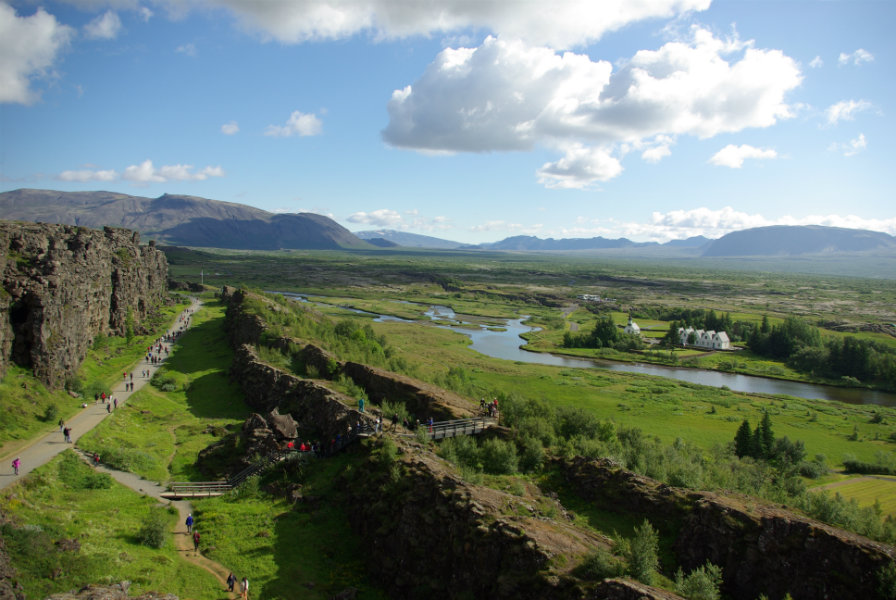 In the beginning years of this blog, I published a series of articles called “Meditations on Democracy and Dictatorship” which are still regularly read today, and have had some influence. They still elicit inquiries from remote corners of the globe. They are now buried in the back pages of the blog, so I’m moving them up the chronological counter so they can have another round of visibility, especially (I hope) with younger readers. I am re-posting them in their original sequence over part of 2018. Some references in these “meditations” will date them to 2007–2008, when they were written. But I will leave them un-retouched, though I may occasionally append some retrospective notes. Mostly, they deal with abstract issues that do not need updating.
In the beginning years of this blog, I published a series of articles called “Meditations on Democracy and Dictatorship” which are still regularly read today, and have had some influence. They still elicit inquiries from remote corners of the globe. They are now buried in the back pages of the blog, so I’m moving them up the chronological counter so they can have another round of visibility, especially (I hope) with younger readers. I am re-posting them in their original sequence over part of 2018. Some references in these “meditations” will date them to 2007–2008, when they were written. But I will leave them un-retouched, though I may occasionally append some retrospective notes. Mostly, they deal with abstract issues that do not need updating.

Þingvellir, the outdoor site of the medieval Icelandic elected parliament. Þingvellir, the outdoor site of the medieval Icelandic elected parliament.
“Civilization is the process in which one gradually increases the number of people included in the term ‘we’ or ‘us’ and at the same time decreases those labeled ‘you’ or ‘them’ until that category has no one left in it.” — Howard Winters, an American archaeologist who studied ancient settlement and trade patterns [quoted by Anne-Marie Cantwell in Howard Dalton Winters: In Memoriam]
“Voice or no voice, the people can always be brought to the bidding of the leaders. That is easy. All you have to do is to tell them they are being attacked, and denounce the pacifists for lack of patriotism and exposing the country to danger. It works the same in any country.” — Hermann Wilhelm Göring, second in command to Adolf Hitler. Read more »